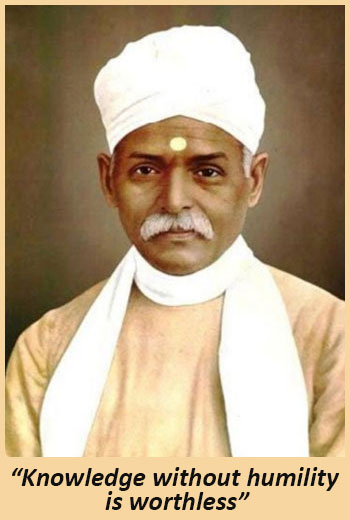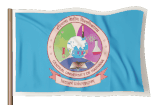
- Education Commission (1964-66)
About MMTTC
The National Education Policy (NEP) 2020 underscores the need for motivated, energized, and capable faculty in higher education. The capacity building for teachers at all levels is a key focus. Existing mechanisms, namely UGC-Human Resource Development Centres (HRDCs) and Pandit Madan Mohan Malaviya National Mission on Teachers and Teaching Centres (PMMMNMTT), have significantly contributed to training faculty.
However, continuous professional development is essential due to the dynamic nature of teaching and learning. Hence, the Malaviya Mission Teacher Training Programme (MMTTP) has been re-launched by restructuring existing mechanisms to enhance the capacity and training of teachers/faculty. The mission aims to transform higher education by integrating Indian values and ethos into teaching, research, publications, patents, and institutional development.
Background
The Ministry of Education (MoE) seeks to strengthen synergy and integration between HRDCs and PMMMNMTT Centres to align with NEP 2020 objectives. The scheme establishes 116 Malaviya Mission Teacher Training Centres (MMTTCs). The scheme aims to implement NEP recommendations, focusing on quality teaching, equity, online education, technology use, Indian language promotion, vocational education, and multidisciplinary education.
👁️ Vision
To build competencies in faculty for better teaching, learning, research, and academic leadership by aligning them with Indian values and updating their knowledge and skills according to the needs of society and NEP 2020.
National Education Policy (NEP) 2020
The salient objectives of the scheme, in alignment with NEP 2020, are:
- Achieving full human potential, developing an equitable and just society, and promoting national development.
- Improving the quality of education at all levels by infusing quality and excellence in our teachers, students, and teaching-learning.
- Ensuring holistic development of teachers and learners with the inculcation of ethics and human values as enshrined in Indian culture, and familiarizing them with the Indian Knowledge System (Bharatiya Gyan Parampara).
- Building respect for the eco-balance and biodiversity existing in nature and adopting sustainability for life.
- Ensuring the role of faculty as active participants in institution and nation building.
- Empowering faculty members as lifelong learners through continuous professional development.
🎓 Guru Dakshta (FIP)
- Designed for faculty members in central, state, deemed universities, and colleges.
- Familiarizes faculty with curriculum development, teaching methodologies, assessment, and ICT-enabled learning.
- Mandatory for newly appointed teachers within one year.
- Course content aligns with UGC-Guru Dakshata
 .
. - Duration: 4 weeks (144 hours).
🔄 Refresher Course
- Two weeks duration: Minimum 12 working days and 72 contact hours.
- Conducted in Core Subjects/Disciplines and Multi-Disciplinary Areas.
- Cross-disciplinary courses considered equivalent to subject refresher courses.
⏳ Short Term Course (STP/FDP)
- Duration: 6 working days (36 hours).
- Covers themes like Academic Leadership, Research Methodology, Climate Change, NEP 2020, IKS, Gender Studies, Design Thinking, etc.
- Includes at least one program on ICT applications (MOOCs, LMS, Blended learning, OER, etc.) for monitoring and evaluation.
Proposed Outcome
- All faculty members will be sensitized and oriented on NEP 2020 to help make India a global knowledge superpower by imparting holistic education and imbibing the ideals of Bharatiya-centric ethics and human values.
- Teachers and learners will acquire the concepts of Indian Knowledge Systems (Bharatiya Gyan Parampara), integrate them into the curriculum, and apply them in real life for the advancement and creation of knowledge, including in Bharatiya languages.
- Learners will develop 21st-century skills and become reflective practitioners who innovatively generate and apply ideas while respecting biodiversity and sustainability.
- Learners will conduct quality research to solve contemporary problems through innovation and entrepreneurship.
- Learners will develop the capacity to integrate ICT tools into the learning process and become lifelong self-motivated learners.
- Faculty will contribute to institution building, society, and nation-building.


